Members
Staff
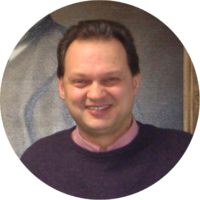
Biographical info and research interests
Mark holds the Gregory Chair of Applied Mathematics, a position he took up in May 2015. Previously he was at Bath University and Dundee University (where he held The Ivory Chair of Applied Mathematics). His main area of research lies in modelling solid tumour growth and related topics. During his PhD (1987-1990) he developed various reaction-diffusion-type partial differential equation models, mainly for the avascular phase of growth. Since then modelling cancer growth and treatment has remained his main research interest and he has developed a variety of novel mathematical models for all the main phases of solid tumour growth (avascular, tumour-induced angiogenesis, immune-response, vascular, invasion, metastasis). Much of his current work is focussed on what may be described as a systems approach to modelling cancer growth through the development of quantitative and predictive mathematical models i.e. “Mathematical Oncology”, a field of research in its own right now which he has been involved in for the past 25 years. Over the past 5 years or so, he and colleagues have also developed models of chemotherapy treatment of cancer, focussing on cell-cycle dependent drugs, and also radiotherapy treatment. One of the new areas of research he has started recently is in modelling intracellular signalling pathways, specifically gene regulatory networks and transcription factors, using partial differential equation models.
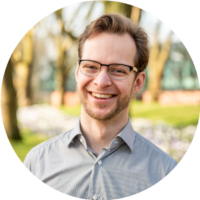
Biographical info and research interests
Jochen became a Lecturer in Mathematics and Statistics at University of St Andrews in July 2019. His research focus is the development and application of mathematical and computational methodology to understand embryonic development. He collaborates with experimental biologists to investigate how individual cells make decisions (e.g. to divide or differentiate) and how multiple cells interact to form healthy and viable tissues. His work includes analysing the dynamics of gene regulatory interactions and modelling mechanics of single cells and cell-cell interactions. He aims to decipher fundamental mechanisms that underlie the robustness of embryonic patterning and morphogenesis.
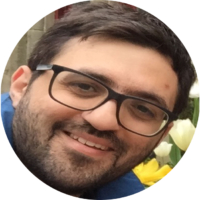
Biographical info and research interests
Giorgos became a Lecturer in Mathematics and Statistics at University of St Andrews in July 2018. Previously, he was a postdoctoral fellow at the University of Warwick undertaking research with Professor David Rand at Warwick Systems Biology Centre (part of Mathematics Institute) and in collaboration with Professor Bärbel Finkenstädt (Warwick, Statistics) and Professor Michael White (Manchester, Biology). He studied Statistics (MSc and Phd) also at Warwick after graduating with a Ptychion (Greek 4 year counterpart of BSc) in Mathematics at National University of Athens. He is interested in developing and applying statistical methodology to extract results from experimental data and mathematical methodology to model, simulate, analyse, and predict biological processes, particularly at the molecular level. Giorgos works on computational analysis and statistical inference using gene expression data (microarrays, RNAseq, scRNAseq). He also works on developing stochastic models of gene regulation and signalling in the living cell and uses these models in developing algorithms for fast stochastic simulation, analytical tools for studying signal sensitivity and cellular decision making in noisy networks, and algorithms for statistical inference. In particular, these methods have been used to study the key elements driving the dynamics of the roughly 24hrs rhythm found to be active in most living cells (circadian clock), the signalling system that triggers the immune response to inflammation in human cells (NF-kB) and processes related to cell development.
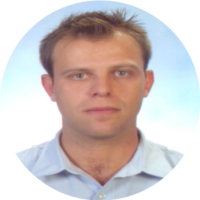
Biographical info and research interests
Nikos became a Lecturer in Mathematics and Statistics at University of St Andrews in January 2019. His research focuses on multiscale modelling of cancer and spans from lamellipodium dynamics and live cell motility, to cancer growth and tissue formation, and to the role of stemness in health and disease. The tools he uses come from several (sub-)fields of applied mathematics including modelling, scientific computing, numerical analysis and analysis of PDEs.
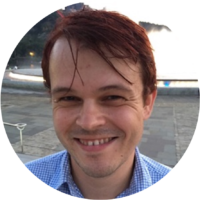
Biographical info and research interests
Alex joined the group in January 2021. His research is focused on developing mathematical and computational models to study the dynamics of social learning in online information ecosystems. He studies a wide range of problems from simple replicator dynamics to complex collective decisions, with projects spanning Mathematical Biology and Computational Social Science. Much of his recent work has focused on how the cultural evolution of human behaviour interacts with algorithms to produce problems such as misinformation, polarization and echochambers. He is also interested in the cultural evolution of cooperation and social behaviour more broadly, in particular the role of cognitive capacity in shaping the evolution of social interactions. The tools he uses are mostly drawn from game theory and mathematical models of population dynamics. Personal website: http://alexanderjstewart.org. Google Scholar page: https://scholar.google.com/citations?user=Z3-RzE0AAAAJ&hl=en
Postdoctoral Researchers
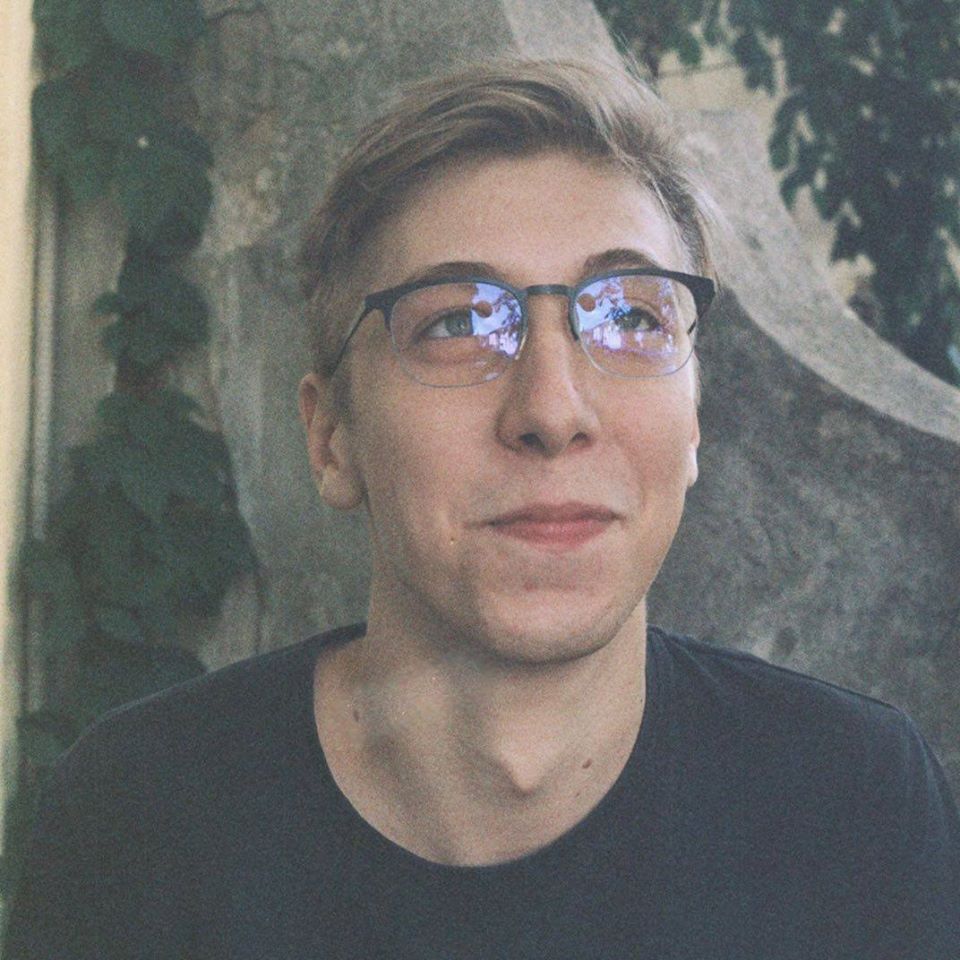
Biographical info and research interests
My research focuses on mathematical and computational models of the evolution of social behaviour. Specifically, I have been working on developing better heuristics for institutions wishing to promote pro-social behaviours in heterogeneous, networked populations. While broadly centered around the evolution of cooperation, I am also interested in areas such as the evolution of fairness, the role of social diversity and applications in existential risk, especially in AI safety. I am also keen to explore the effectiveness of mixed incentives, the role of timing in how interference shapes cultural evolution, as well as signaling as a preventive alternative to reward or punishment. The tools I am familiar with derive from evolutionary game theory, computational social science and graph theory.
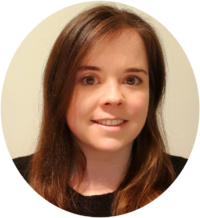
Biographical info and research interests
Fiona’s research interests are within Mathematical Biology. She has worked on individual-based models of phenotype-structure in cell populations, cancer growth and the response of the immune system to cancer. More recently she has also been working on the comparison of continuous partial differential equation models and their corresponding individual-based models with applications in collective cell migration patterns in cancer and bacterial populations.
PhD Students
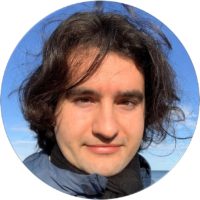
Biographical info and research interests
Konstantinos started his PhD in 2020, under the supervision of Dr Giorgos Minas and Associate Prof. Tommaso Lorenzi. He is originally from Greece, where he graduated from Aristotle University of Thessaloniki with a 5-year Diploma in Electrical and Computer Engineering. He also graduated from University of Edinburgh with a MSc in Computational Applied Mathematics. His research lies in the intersection of mathematics and biology. He works on time-dependent stochastic chemical kinetics, where he is collaborating with Dr James Holehouse from Santa Fe Institute, on stochastic models of multilevel selection with pairwise between-group competition, where he is collaborating with Dr Daniel Cooney from University of Pennsylvania, while his PhD project is on stochastic modelling of populations of interacting cells with complex underlying phenotypes.
Aimee Bebbington
Email: [email protected]
Biographical info and research interests
Aimee (New Zealand / UK) started her PhD in 2022, under the supervision of Marcus Bischoff and Jochen Kursawe. She holds a BSc in Mathematics and Physics from the University of St Andrews. Aimee’s research interests include bioimage analysis, biological oscillators and mechanotransduction. She is currently investigating coordination of actomyosin pulses during morphogenesis of the Drosophila abdominal epidermis.
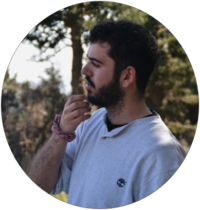
Biographical info and research interests
Dimitrios has started his PhD in September 2021, under the supervision of Nikolaos Sfakianakis and Mark Chaplain. He is originally from Greece, where he finished his BSc degree in Applied Mathematics at the University of Crete. During his undergraduate studies he became interested in the interplay of Mathematics and Biology, and his current research interests are cancer growth, cell migration and more specifically cancer metastasis and multiscale mathematical modeling.
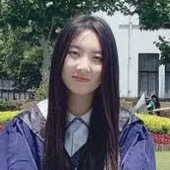
Kairui Li
Email: [email protected]
Biographical info and research interests
Kairui started her PhD in 2021, under the supervision of Jochen Kursawe and Marcus Bischoff. She is originally from China and she is interested in developing and applying mathematical and computational methodology to study biology. Kairui’s PhD focusses on inferring biophysical and biochemical information from microscopy imaging data in biological cells and tissues. She is currently working on applying optical flow and Gaussian Processes to quantify cytoskeletal dynamics inside cells undergoing deformation in the Drosophila pupal abdomen.
Previous members
Ruth Bowness, University of Bath
Sara Hamis, University of Tampere
Tommaso Lorenzi, Politecnico di Torino
Cicely Macnamara, University of Glasgow
Chris Rowlatt, University of Bath
Qi Su, Shanghai Jiaotong University
Chandrasekhar Venkataraman, University of Sussex
Chiara Villa,Laboratoire Jacques-Louis Lions, Sorbonne University
Yunchen Xiao, Blizard Institute, Queen Mary University of London
Anas Lasri Doukkali, Goal Systems
